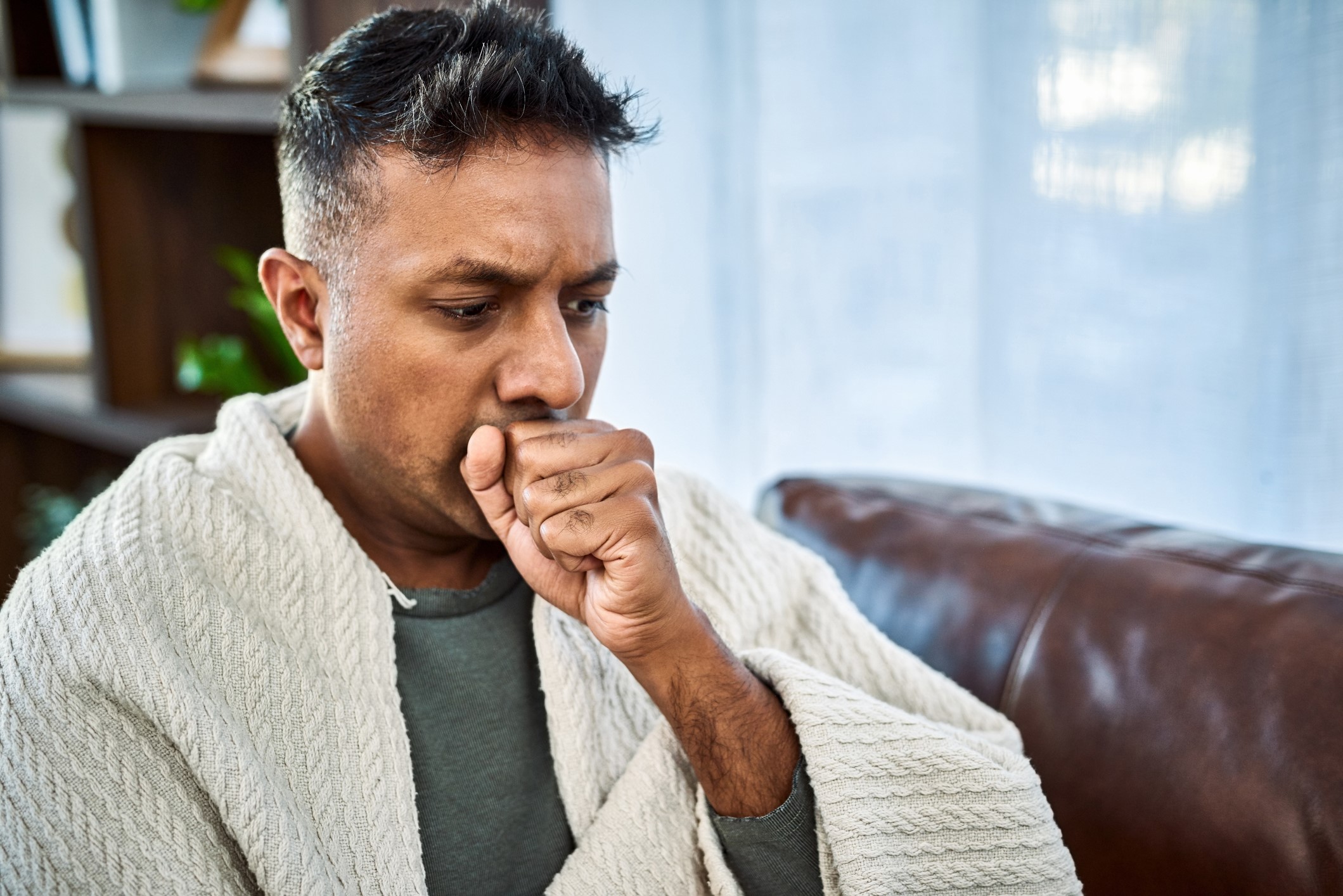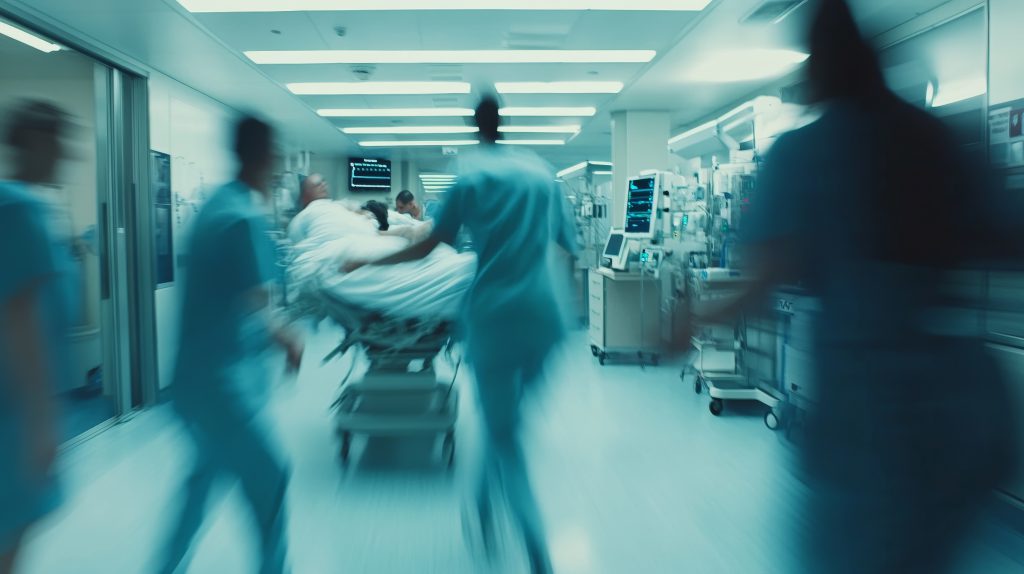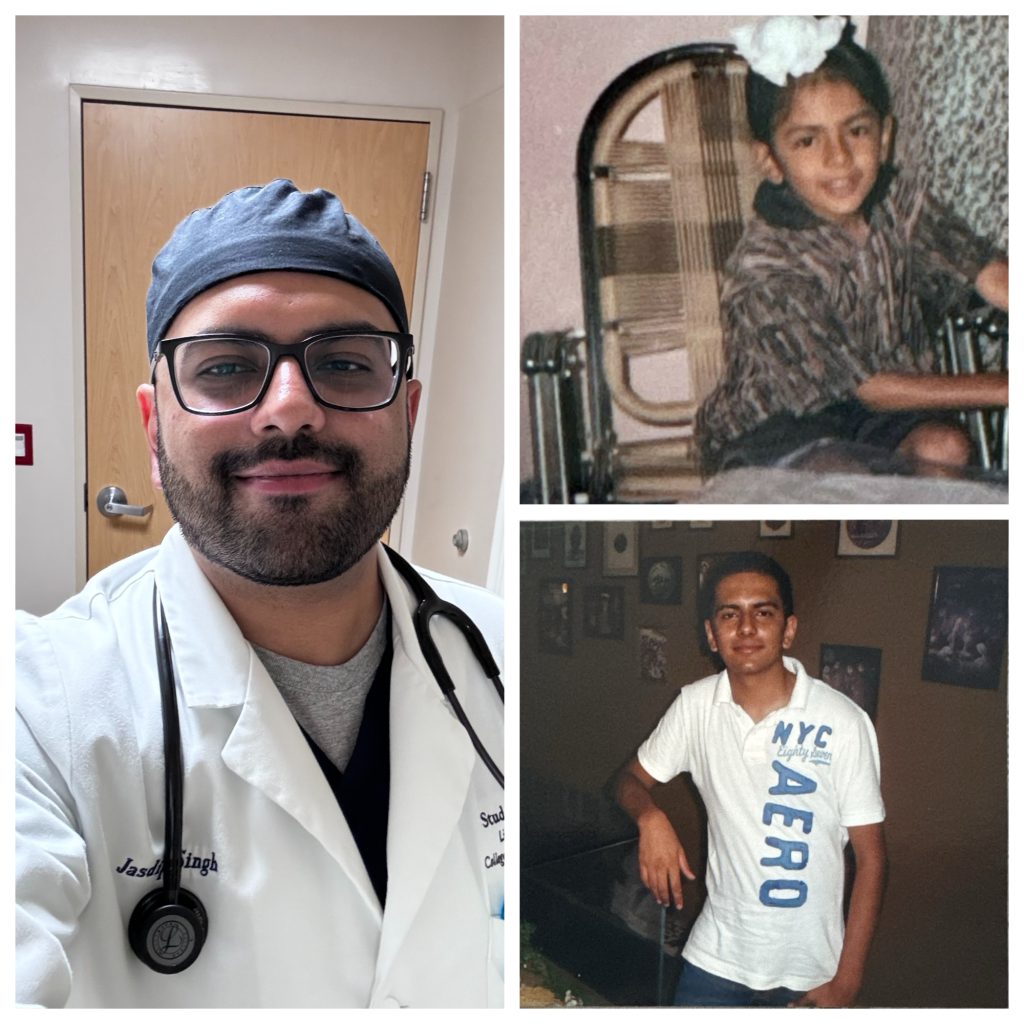Almost 60% of Americans have had COVID-19. If and when the virus catches up to you, these strategies can help you conquer your sickness successfully.
It’s true that COVID-19 cases are rising. If you do test positive, try not to let feelings of guilt or shame take over. Many people who diligently followed public health measures for the last two years are now loosening the reins.

Dr. Jeffrey Silvers, Medical Director of Pharmacy & Infection Control at Sutter Health
As the public mixes, case counts are ticking up and so are COVID-positive hospitalizations. But – and here’s the good news – the number of patients needing intensive care has remained largely stable. This is in large part due to the country’s vaccination program and the millions of Americans who have been vaccinated and boosted against COVID-19.
As summer approaches, there are more opportunities for trips, gatherings and, yes, chances for infection. According to Sutter Health’s Medical Director of Pharmacy & Infection Control Dr. Jeffrey Silvers, “There is no ‘get out of jail free’ card for COVID. Plan ahead, stay safe and don’t depend on a lucky roll of the dice.”
If you do test positive:
It is important to understand a few things right off the bat:
- Are you high-risk for severe disease?
- Do you know who your primary care doctor is and how to contact them?
- Do you know that for some people antiviral medications are available and may assist you in overcoming the virus?
- Remember that you need to quickly seek medical attention if you become short of breath.
Are you high-risk?
People of any age can catch COVID-19, but the Center for Disease Control and Prevention (CDC) says older adults are at the highest risk of getting very sick from the virus. More than 81% of COVID-19 deaths have occurred in people over age 65, and the number of deaths among people over age 65 is 97 times higher than the number of deaths among people ages 18-29 years.
Certain medical conditions, like having diabetes or a heart condition, increase a person’s risk for severe COVID-19 illness. The CDC outlines high-risk medical conditions here.
If you get COVID-19 and are in a high-risk category, connect with your primary health care provider. He or she can help assess your needs, prescribe approved antiviral medications (if eligible) and implement other monitoring or check-ins as needed.
Assemble an at-home care kit
Being prepped for COVID-19 makes good sense. Having a ready-made COVID-19 care kit will come in handy if you or someone in your household becomes symptomatic.
Your at-home COVID-19 care kit should include: A thermometer, over-the-counter medications for fever (acetaminophen), cough suppressants, saline nose spray and PediaSure™, to help replace the body’s lost electrolytes.
It’s good to include a few cans of soup in case you don’t feel like eating much. Having masks for other people in your household, disinfectant to clean surfaces and disposable gloves can also reduce the chances the virus will spread.
A pulse oximeter to measure the level of oxygen in your blood may also be helpful if you’re someone with asthma or breathing-related problems. Tracking blood oxygen levels is beneficial for people with COVID-19 symptoms like cough, fever and shortness of breath and allows individuals to monitor if their condition is worsening—or improving.
Lastly, your at-home care kit should include COVID-19 test kits. These tests are now widely available and can be purchased at your local drugstore, pharmacy or grocery store.
People can also request free COVID-19 tests from the U.S. government here.
Connect with your doctor
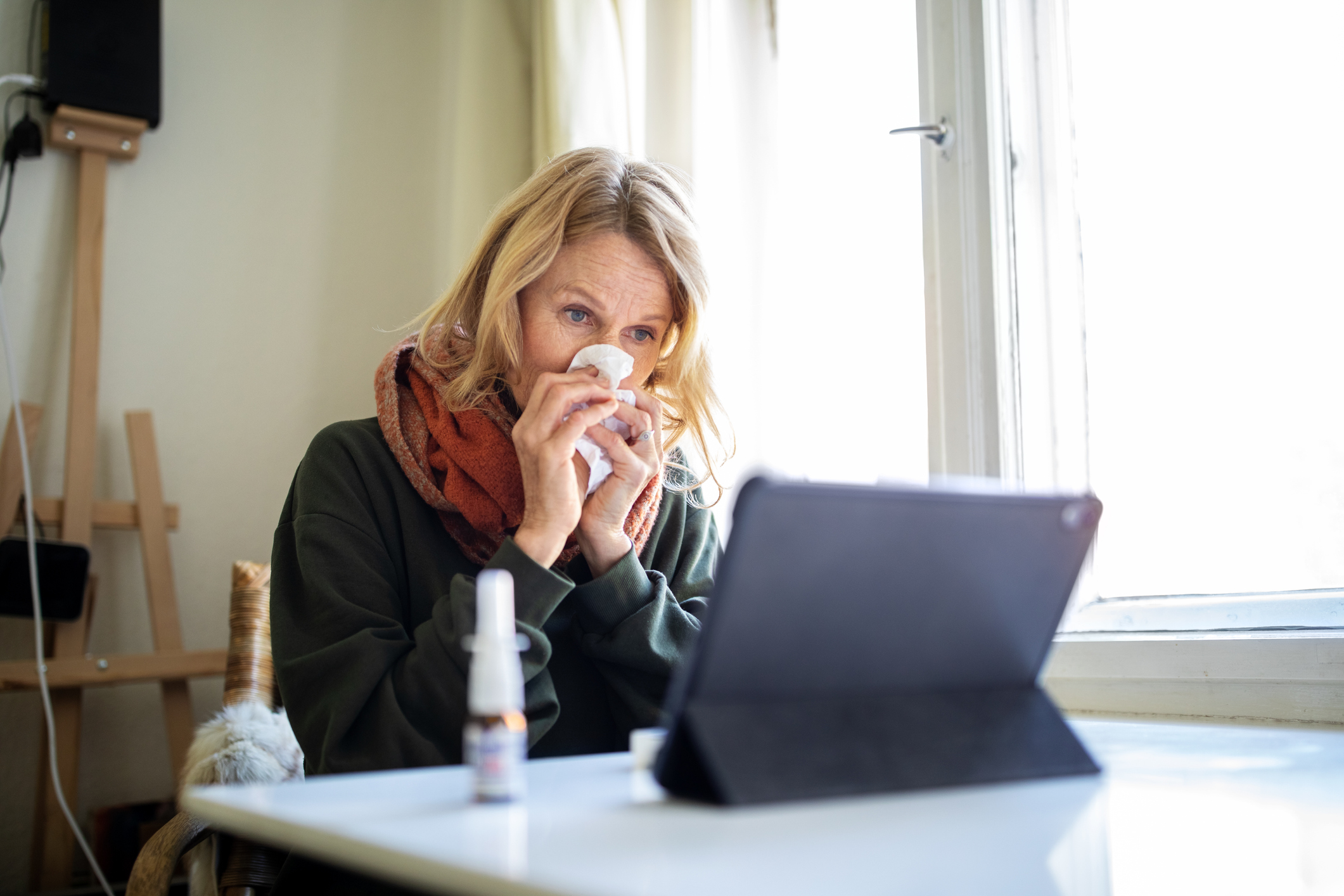
If you test positive for COVID-19, know how to contact your provider. He or she may recommend scheduling a virtual visit to check in.
Many people will overcome their COVID-19 illness without requiring the hands-on care of their doctor. But some may not.
If you get sick with COVID-19, let your primary care physician know so they can follow up.
If you take a turn for the worse but are not short of breath, your doctor is your best resource for care and guidance. “If you are short of breath,” says Dr. Silvers, “you need to obtain care in an Urgent Care or Emergency Room.”
Additionally, Dr. Silvers says that medications to lower the risk of severe disease and hospitalization are available for high-risk persons with mild to moderate disease.
“Connect with your provider if you develop COVID-19 to see if you are a candidate for one of those medications. If the answer is yes, get a prescription, and the medications can help you recover much faster,” he says.
Antiviral medications
Pfizer’s paxlovid™, along with Merck’s molnupiravir, are available for certain individuals. Both antivirals are aimed at preventing vulnerable patients with mild or moderate COVID-19 from becoming sicker or dying.
A person who is considered high risk for COVID-19 and who is over the age of 12 (or at least 88 pounds), should take paxlovid or molnupiravir within the first five days of developing symptoms and testing positive.
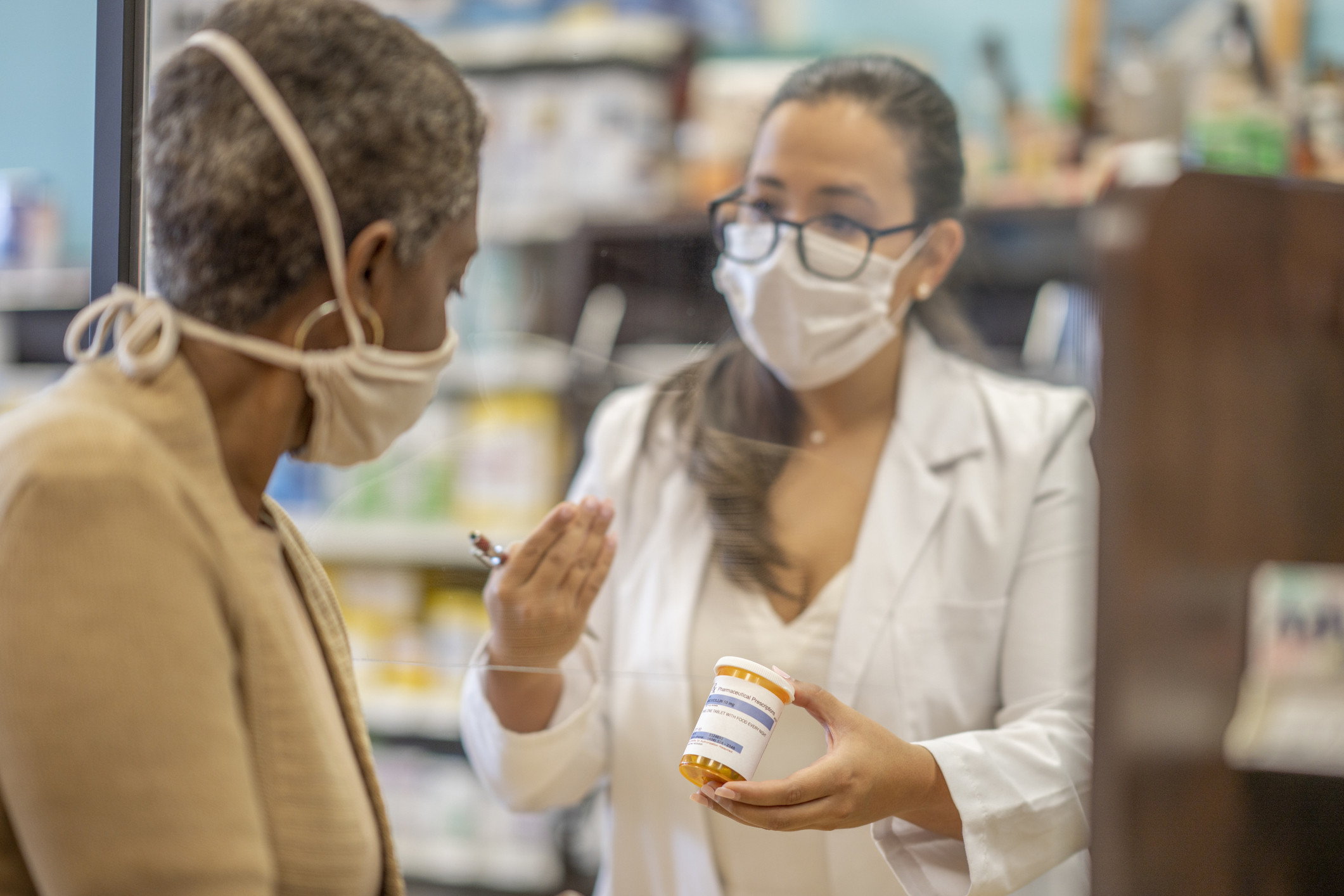
COVID-19 antiviral medications are only available by prescription.
Both drugs were approved under emergency use authorization (EUA) by the U.S. Food and Drug Administration in December 2021 and have quickly become the go-to treatments for non-hospitalized patients. They are only available by prescription.
It is important to note that paxlovid and molnupiravir are not used to prevent COVID-19 in advance of getting the virus, nor do they replace the need for COVID-19 vaccination.
Data continues to show that getting one of the approved COVID-19 vaccines and booster doses are still a person’s best chance at preventing severe illness or death from the virus.
Prudent about precautions
We are all tired of COVID-19 but that doesn’t mean that the virus is tired, or even done, with us. It is likely that the variations of the COVID-19 virus will continue to emerge periodically and that we will experience continued surging and waning.
Moving forward, remember to keep activities and gatherings outside as much as possible. Public health officials recommend people mask in public spaces, especially indoor public spaces, and continue to stay home and test if you feel sick or begin to exhibit symptoms.
Being sick isn’t fun. But overcoming a bout of COVID-19 is within reach if common-sense approaches to good hygiene, virus preparedness and keeping an eye on our health are adhered to.

